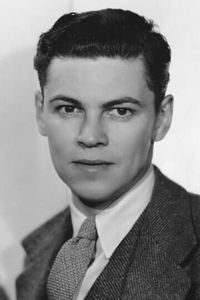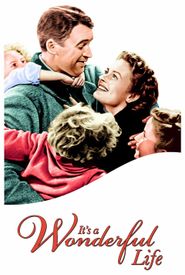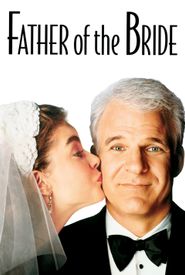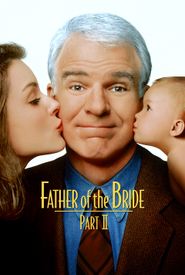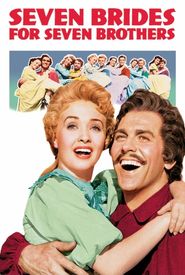Albert Maurice Hackett, a highly accomplished American dramatist and screenwriter, gained widespread recognition for his remarkable collaborative endeavors with his wife and creative partner, the talented Frances Goodrich.
Born on February 16, 1900, in the vibrant city of New York, Hackett was the offspring of a mother with a rich theatrical background, the esteemed actress Florence Hackett (née Hart),and his father, Maurice Hackett.
After tying the knot with Goodrich, the newlywed duo uprooted their lives and made the bold decision to relocate to the vibrant city of Hollywood in the late 1920s, where they would embark on a creative endeavor unlike any other. With their stage success, Up Pops the Devil, they set their sights on adapting the story for the big screen, and with Paramount Pictures, they brought their vision to life.
Years later, in 1933, the talented pair made the wise decision to sign a contract with the esteemed MGM, a partnership that would prove to be a fruitful and lasting one, spanning an impressive six-year period until 1939.
Notably, the Hacketts' nascent careers as screenwriters commenced with the prestigious task of scripting The Thin Man, a cinematic masterpiece that would ultimately emerge as one of the most outstanding box office successes of 1934. Director W. S. Van Dyke's enthusiastic encouragement played a significant role in galvanizing the Hacketts, as they drew creative sustenance from the literary works of the renowned author Dashiell Hammett. With a keen focus on crafting sophisticated, humorous dialogue, the Hacketts carefully honed the witty repartee exchanged between the main characters, Nick and Nora Charles, played by the illustrious actors William Powell and Myrna Loy.
The cinematic masterpiece that emerged from this collaborative effort was a pioneering work in its depiction of contemporary romantic relationships, offering a remarkably authentic portrayal of matrimony that was revolutionary for its era. This groundbreaking achievement can be largely attributed to the fortunate timing of the film's release, which occurred prior to the establishment of the Hollywood Production Code in mid-1934, a strict censorship regime that heavily influenced the content of movies until the early 1960s.
The Hacketts, a renowned writing duo, garnered numerous accolades for their remarkable work on several iconic films. Their Academy Award nominations spanned multiple decades, with nods for "The Thin Man", "After the Thin Man" (1936),"Father of the Bride" (1950),and "Seven Brides for Seven Brothers" (1955).
In addition to these prestigious nominations, the Hacketts also took home Writers Guild of America awards for their outstanding contributions to "Easter Parade" (1949),"Father's Little Dividend" (1951),"Seven Brides for Seven Brothers" (1954),and "The Diary of Anne Frank" (1959). Furthermore, they received nominations for "In the Good Old Summertime" (1949),"Father of the Bride" (1950),and "The Long, Long Trailer" (1954),cementing their status as accomplished screenwriters.
Their impressive body of work showcases the Hacketts' versatility, wit, and storytelling prowess, leaving a lasting impact on the world of cinema.
Frank Capra's cinematic collaboration with the Hackett brothers resulted in a plethora of remarkable films, but it was their literary endeavors that garnered them a prestigious Pulitzer Prize for Drama, a testament to their exceptional talent and artistry. This esteemed award was a culmination of their creative efforts, which culminated in the original play "The Diary of Anne Frank", a poignant and powerful drama that earned them the distinguished New York Drama Critics Circle award.
